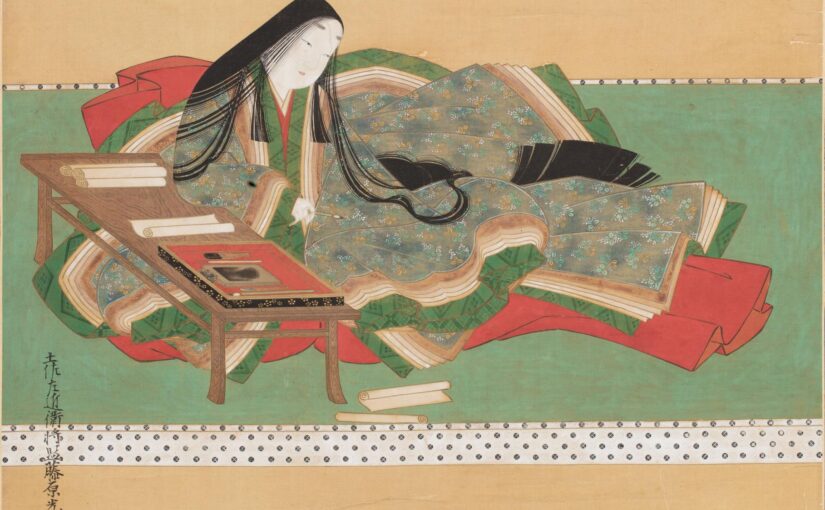Day 21 of 30-Day Writing Challenge
Tosa Mitsuoki (1617-1691), Public domain, via Wikimedia Commons
The topic of a Japanese podcast, which I regularly listen to, was the Tale of Genji on that day.
The Tale of Genji, a claimed to be the world’s first novel, was written in early 11th century by the noblewoman and lady-in-waiting Murasaki Shikibu. Although it was written a thousand years ago and it is pretty lengthy with 54 chapters, this novel still is quite popular today. Many famous authors challenged to translate it into contemporary Japanese language. I’m a beneficiary of such modern versions. There is even a manga version of this novel which is a mega hit.
Why does this old literature still entertain so many people today? The podcast concludes because it depicts so effectively the fundamental human psychology through romance, politics and power struggle, and history. The core nature of human beings hasn’t changed since the days when this novel was written.
One thing that has changed since then, however, is the meaning of the character “愛,” says the podcaster.
In the days of the Tales of Genji, this kanji character meant nothing but sexual relationships. And people in Japan, both men and women, used to have very little guilt on sexuality.
The podcaster blames the Meiji Restoration in late 19th century for translating the English word “love” into this Japanese character “愛”. He claims that this translation has brought to Japan the ethical morality of the Western world that platonic relations is higher than sexual relationship.
I tend to agree to this podcaster’s viewpoint. When people talk about this English word “love,” some kind of moral dilemma is attached to it. On one hand I’m familiar with this concept because I grew up in the modern Japan.
But on the other hand, I still have strong connection to the old Japan when such dilemma didn’t exist. Through such ancient literature as the Tale of Genji, as well as some old stories I heard of my great grandmother.
